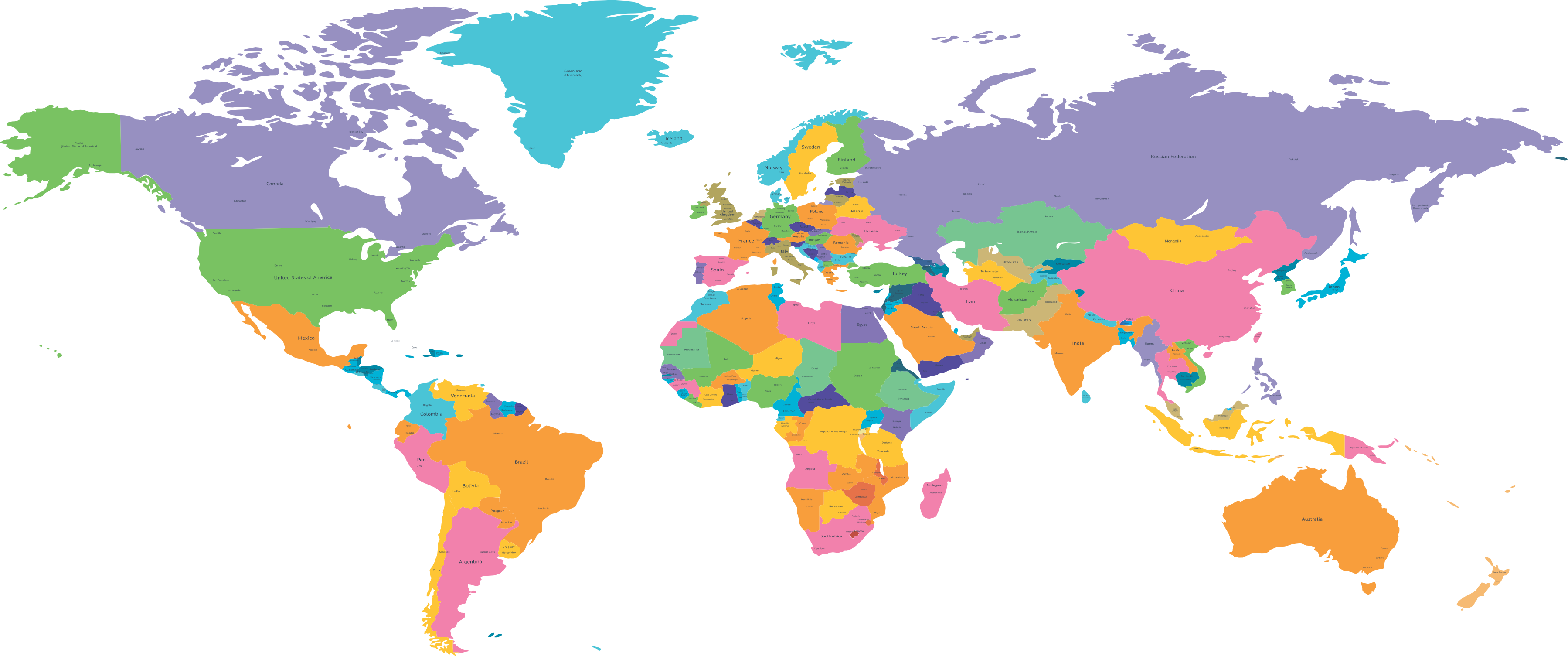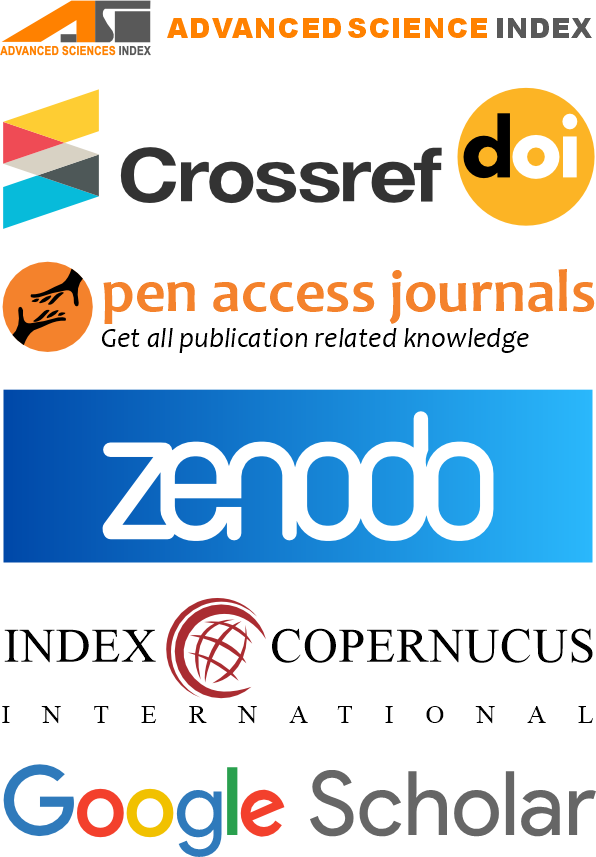An Analysis of Teachers’ Competencies for the Implementation of Education for Sustainable Development (ESD) at Primary Level: A Mixed Method Approach Observational Study
DOI:
https://doi.org/10.55737/rl.2025.43095Keywords:
Education for Sustainable Development, Teachers’ Competencies, SustainabilityAbstract
The purpose of this research is to provide a detailed analysis of skills that the teachers at primary schools have to master to make the Education for Sustainable Development (ESD) successful at the primary level. The sample data consisted of 30 teachers of semi-government and private primary schools of Multan in Pakistan who were subjected to a quantitative evaluation through the use of questionnaires. In the study, they are going to find out what schemes, competencies and skills are needed, as well as what knowledge can be called upon to motivate sustainability among young learners. The factors that are addressed in the study are how teachers whose family background and moral values contribute to their capacity to inculcate concepts of ESD in their classrooms. It also evaluates how the educators approach the subject of teaching using ESD in their dedicated lesson plans and what the obstacles during the implementation process of ESD could be. The paper concludes that although there are strong intentions of putting in place ESD, the efforts are disappointing due to inadequate formal training on ESD, the interactivity of students, diversity, and curriculum match-up.
References
Abo-Khalil, A. G. (2024). Integrating sustainability into higher education challenges and opportunities for universities worldwide. Heliyon, 10(9), e29946. https://doi.org/10.1016/j.heliyon.2024.e29946
Ärlemalm‐Hagsér, E., & Sandberg, A. (2011). Sustainable development in early childhood education: In‐service students’ comprehension of the concept. Environmental Education Research, 17(2), 187–200. https://doi.org/10.1080/13504622.2010.522704
Ferguson, T., Roofe, C., & Cook, L. D. (2021). Teachers’ perspectives on sustainable development: The implications for education for sustainable development. Environmental Education Research, 1–17. https://doi.org/10.1080/13504622.2021.1921113
Holfelder, A.-K. (2022). Teaching sustainability: A study of teachers and conceptual tensions. Discourse and Communication for Sustainable Education, 13(1), 77–87. https://doi.org/10.2478/dcse-2022-0007
Hung, L.-C., & Pan, H.-J. (2025). Innovative approach to ESD integration into school-based curriculum development modules for elementary schools. Sustainability, 17(4), 1427. https://doi.org/10.3390/su17041427
Imran, M., Almusharraf, N., & Abdellatif, M. S. (2024). Education for a sustainable future: The impact of environmental education on shaping sustainable values and attitudes among students. International Journal of Engineering Pedagogy (IJEP), 14(6), 155–171. https://doi.org/10.3991/ijep.v14i6.48659
Kioupi, V., & Voulvoulis, N. (2019). Education for sustainable development: A systemic framework for connecting the SDGs to educational outcomes. Sustainability, 11(21), 6104. https://doi.org/10.3390/su11216104
Lamanauskas, V., & Malinauskienė, D. (2024). Education for sustainable development in primary school: Understanding, importance, and implementation. European Journal of Science and Mathematics Education, 12(3), 356–373. https://doi.org/10.30935/scimath/14685
Manuel, & Davim, J. P. (2019). Higher education and sustainability. CRC Press. https://www.researchgate.net/publication/314871233_Education_for_Sustainable_Development_Goals_Learning_Objectives
Noor Hamwy, Bruder, J., Abdellatif Sellami, & Romanowski, M. H. (2023). Challenges to teachers implementing sustainable development goals frameworks in Qatar. Sustainability, 15(15), 11479. https://doi.org/10.3390/su151511479
Pegalajar-Palomino, M. del C., Burgos-García, A., & Martinez-Valdivia, E. (2021). What does education for sustainable development offer in initial teacher training? A systematic review. Journal of Teacher Education for Sustainability, 23(1), 99–114. https://doi.org/10.2478/jtes-2021-0008
Rieckmann, M., & Barth, M. (2022). Educators’ competence frameworks in education for sustainable development. In Sustainable development goals series (pp. 19–26).
Riess, W., Martin, M., Mischo, C., Kotthoff, H.-G., & Waltner, E.-M. (2022). How can education for sustainable development (ESD) be effectively implemented in teaching and learning? An analysis of educational science recommendations of methods and procedures to promote ESD goals. Sustainability, 14(7), 3708. https://doi.org/10.3390/su14073708
UNESCO. (2012). Education for sustainable development in action: Learning & training tools No. 4. https://sustainabledevelopment.un.org/content/documents/926unesco9.pdf
Vare, P., Arro, G., de Hamer, A., Gobbo, G. D., de Vries, G., Farioli, F., Kadji-Beltran, C., Kangur, M., Mayer, M., Millican, R., Nijdam, C., Réti, M., & Zachariou, A. (2019). Devising a competence-based training program for educators of sustainable development: Lessons learned. Sustainability, 11(7), 1890. https://doi.org/10.3390/su11071890




